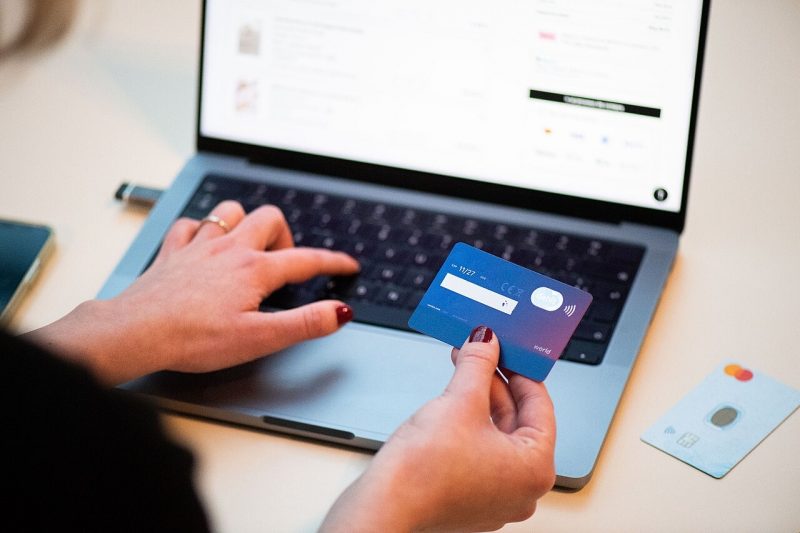
Online shopping is common and generally safe—as long as you buy from reputable vendors.
For example, Amazon provides a buyers guarantee even for purchases from third-party merchants. However, if you purchase directly from a merchant through a social media ad, you may have no recourse if you don’t receive the product or if it is not as advertised.
Below are a few ideas to keep your online shopping a positive experience:
- Be wary of online stores with too-good-to-be-true deals. Scammers know that if you give anyone a deal that’s too good to pass up, the money comes flowing in. So don’t be that person who rushes to enter your card information for a deal that will only ever be a scam.
- Be wary of “free” products and services. It’s likely that there are hidden strings attached to any free service so always ask yourself, “Why is it free?”
- Look for a padlock symbol in front of the site’s URL. The site address should begin with https:// and not just http:// to identify that the site uses secure encryption for credit card purchases. But remember that this alone isn’t good enough to prove the authenticity of a site—studies show that roughly 84% of scammers still include this symbol to fool people into believing the site is legit.
- Check how long the company has been in business. Iplocation.net has a useful tool that checks how long the site has existed. If the website hasn’t existed for very long, consider whether you want to do business with a new company. If the site is not, but the company is older, then you know the site is impersonating another company.
- Confirm that the business web address is legitimate. Scammers often use slightly different spellings or extensions to trick you into thinking they are a well-known company. For example, email-amazon.phony.com is not Amazon. PayPol.com is not PayPal.
- Only log in to finance, Medicare, and health insurance sites directly, rather than through a link sent to you. Scammers will create fraudulent emails and clone legitimate sites to trick you into entering sensitive information. Rather than clicking on a link in an email, always go to the site directly and log in.
- Consider using a payment site rather than your credit card. If decide you want to buy from an unknown vendor that sells on social media, consider using a service such as PayPal rather than giving the unknown company your credit card number. Purchases you make with PayPal are encrypted and the seller has no access to your account number.
The post How to Shop Online Safely first appeared on LDS365: Resources from the Church & Latter-day Saints worldwide.
Continue reading at the original source →



